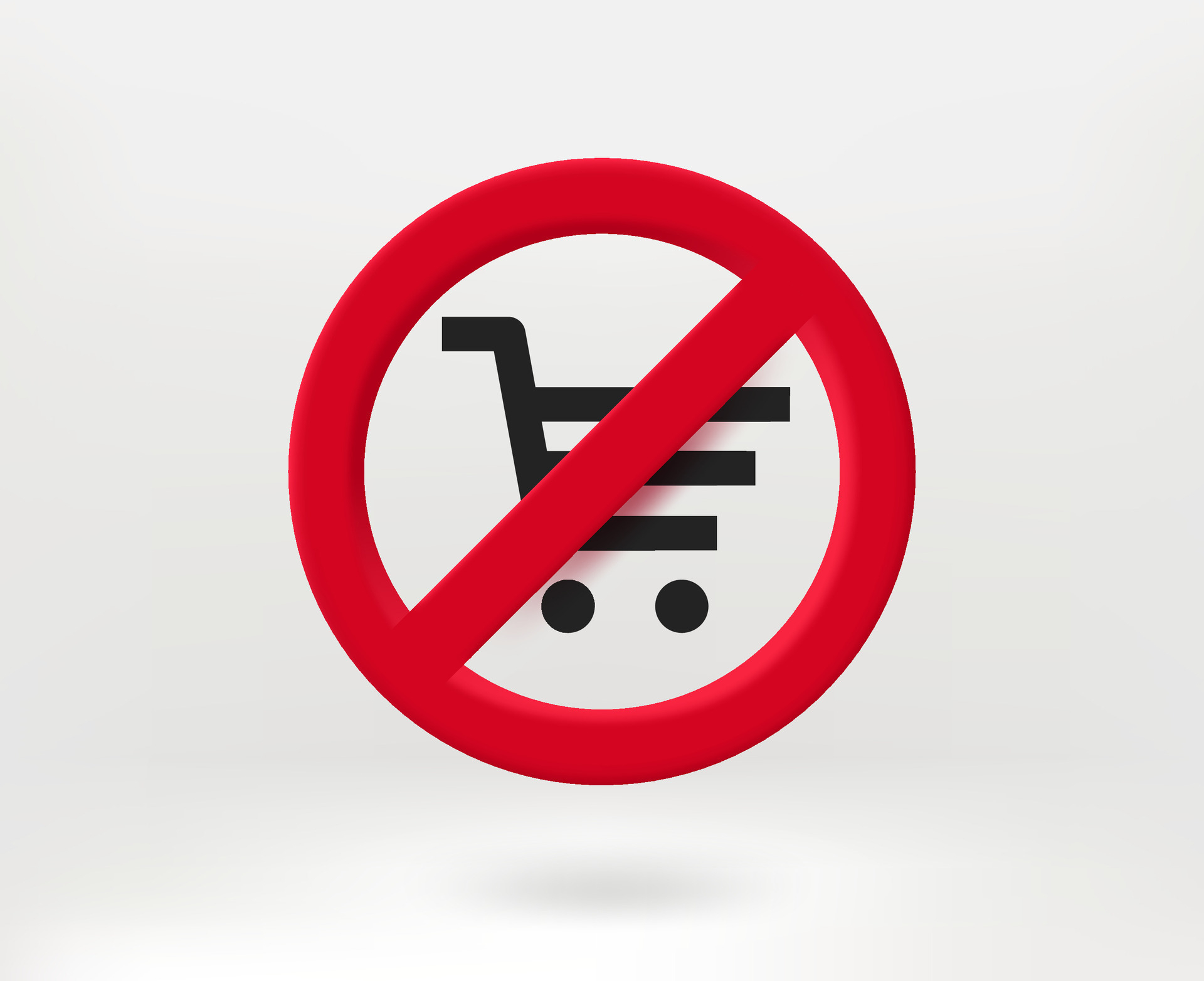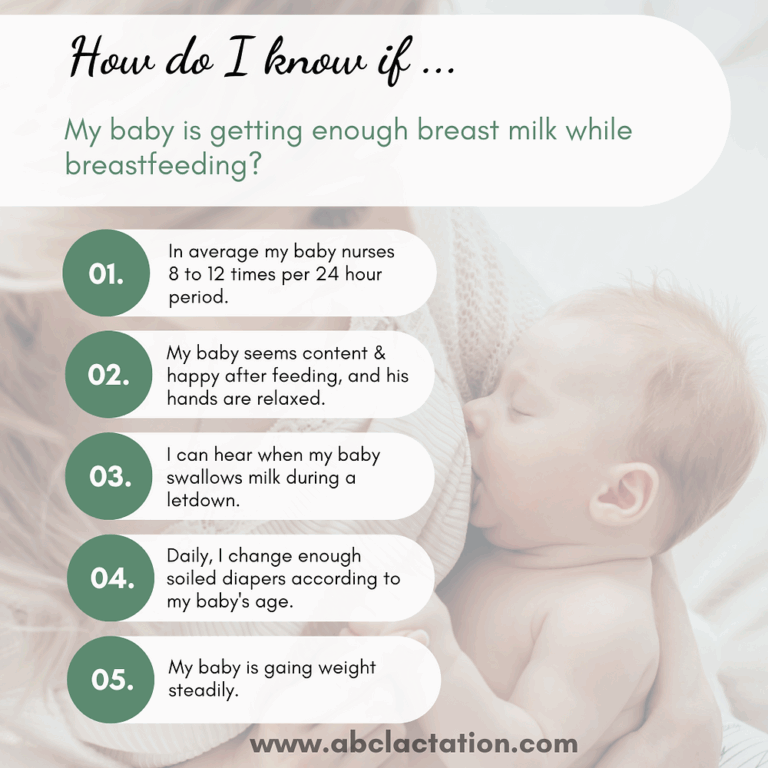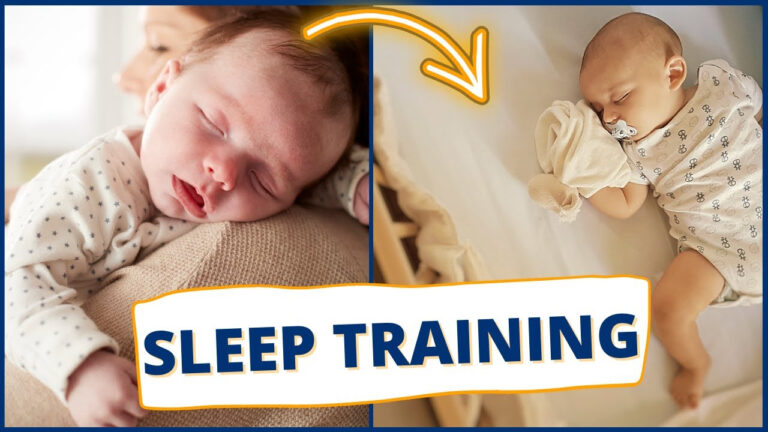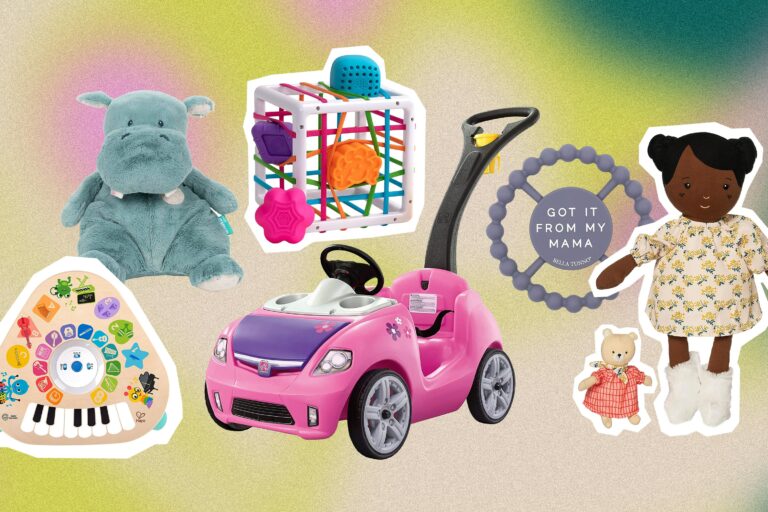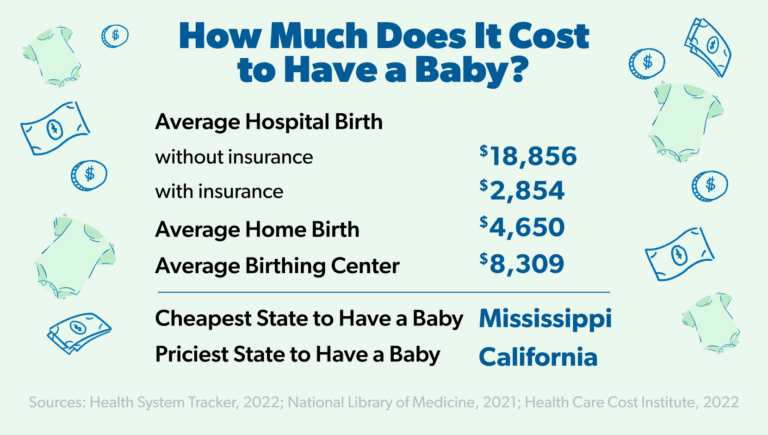When Do I Stop Burping My Baby: A Comprehensive Guide
As a new parent, the world of caring for your baby can be overwhelming. One common question that many parents have is, “When do I stop burping my baby?” Burping is a crucial aspect of feeding your baby, as it helps prevent gas and discomfort. In this article, we will explore the ins and outs of burping your baby, when to stop, and everything you need to know about this important aspect of infant care.
Knowledge
Before we dive into when to stop burping your baby, let’s first understand why burping is important. When your baby feeds, they swallow air along with their milk or formula. This air can get trapped in their stomach, causing discomfort, gas, and even spit-up. Burping helps release this trapped air, making your baby feel more comfortable and reducing the likelihood of digestive issues.
From the moment your baby is born, it’s essential to burp them after every feeding. Newborns have immature digestive systems, making them more prone to gas and discomfort. Whether you’re breastfeeding or bottle-feeding, make sure to burp your baby frequently to prevent any issues.
It’s crucial to pay attention to your baby’s cues to know when they need to be burped. Some signs that your baby needs to be burped include squirming during feeding, pulling away from the breast or bottle, and fussiness after eating. If you notice any of these signs, stop feeding and try burping your baby.
As your baby grows and their digestive system matures, you may notice that they need to be burped less frequently. Most babies can stop being burped around 4-6 months of age, as they become more efficient at releasing trapped air on their own. However, every baby is different, so pay attention to your baby’s cues and continue burping them as needed.
If you find that your baby is still experiencing discomfort even after burping, there are other ways to help relieve gas. Try gentle tummy massages, bicycle leg movements, or using gas drops to help your baby feel better. Consult with your pediatrician if you have concerns about your baby’s gas or digestive issues.
Conclusion
In conclusion, knowing when to stop burping your baby is an essential part of infant care. Pay attention to your baby’s cues, continue burping them as needed, and explore alternative ways to relieve gas if necessary. This article has covered everything you need to know about burping your baby and when it may be time to stop. Remember, every baby is different, so trust your instincts and consult with your pediatrician if you have any concerns.
Overall, the target audience for this article is new parents or caregivers looking for guidance on caring for their baby. By understanding the importance of burping and when to stop, parents can ensure their baby’s comfort and well-being.
As a parent, the well-being of your baby is always a top priority. Knowing when to stop burping your baby is just one aspect of caring for your little one. By staying informed and attentive to your baby’s needs, you can navigate the world of infant care with confidence and ease.
